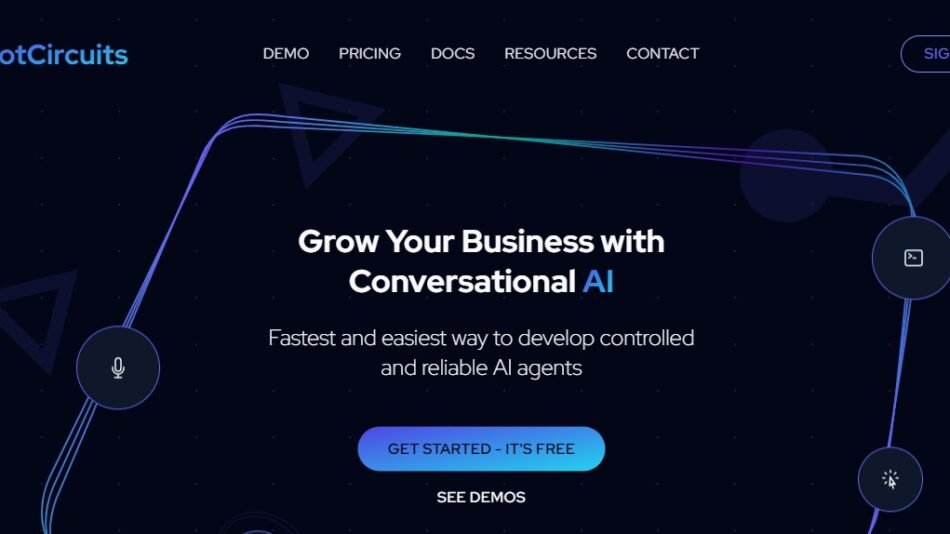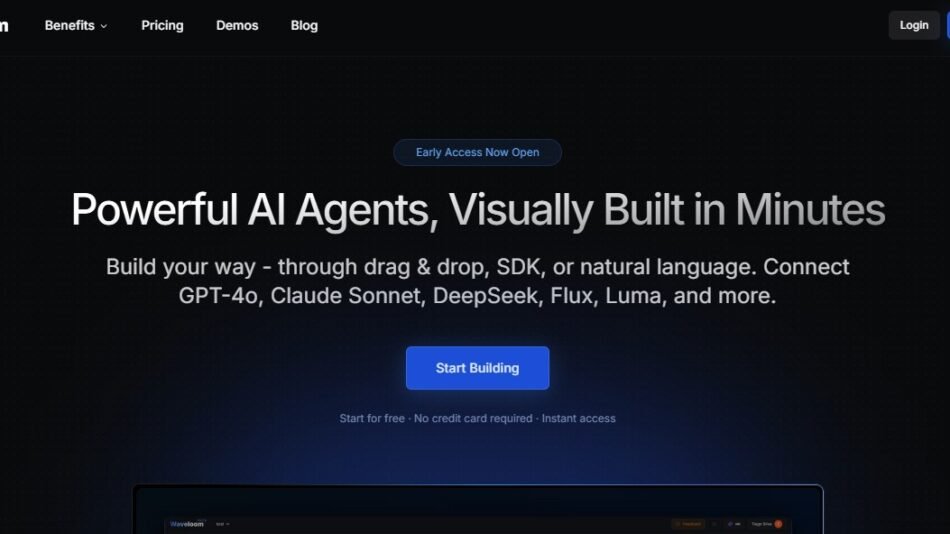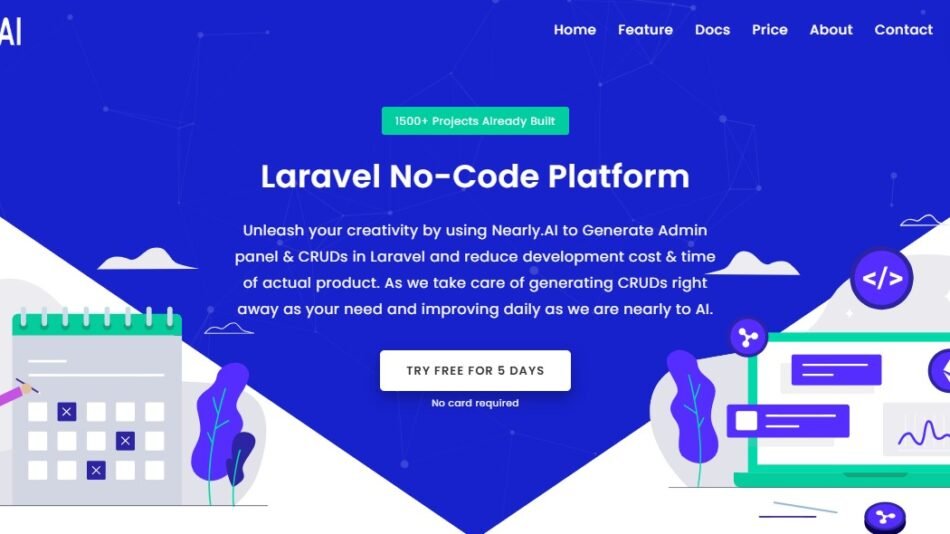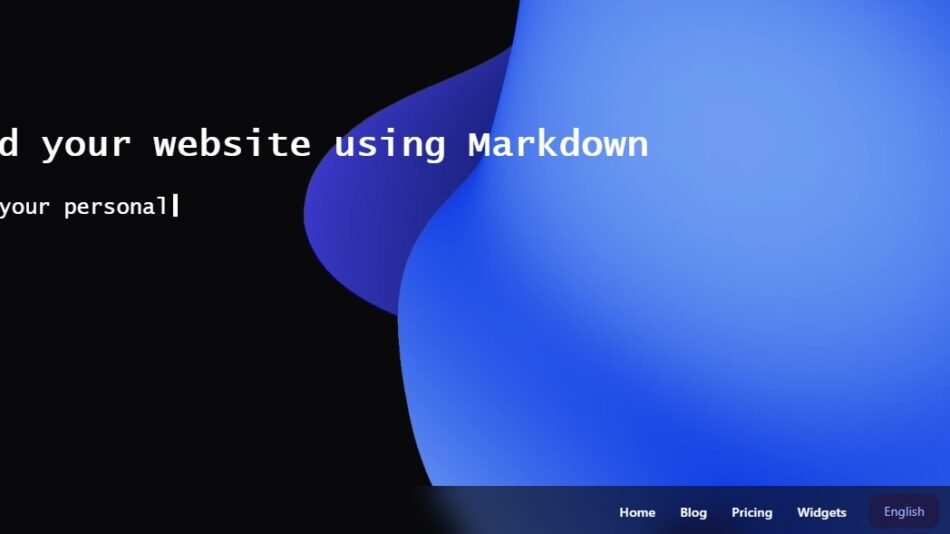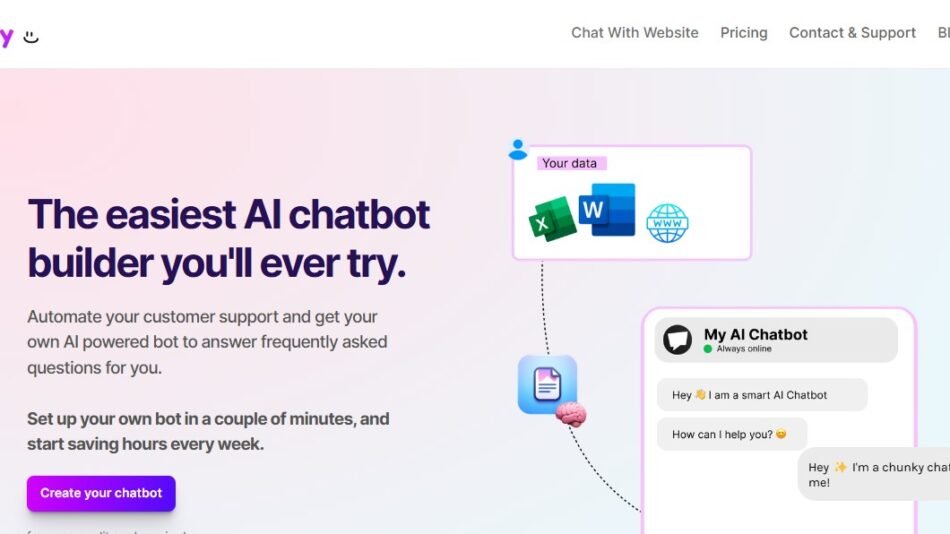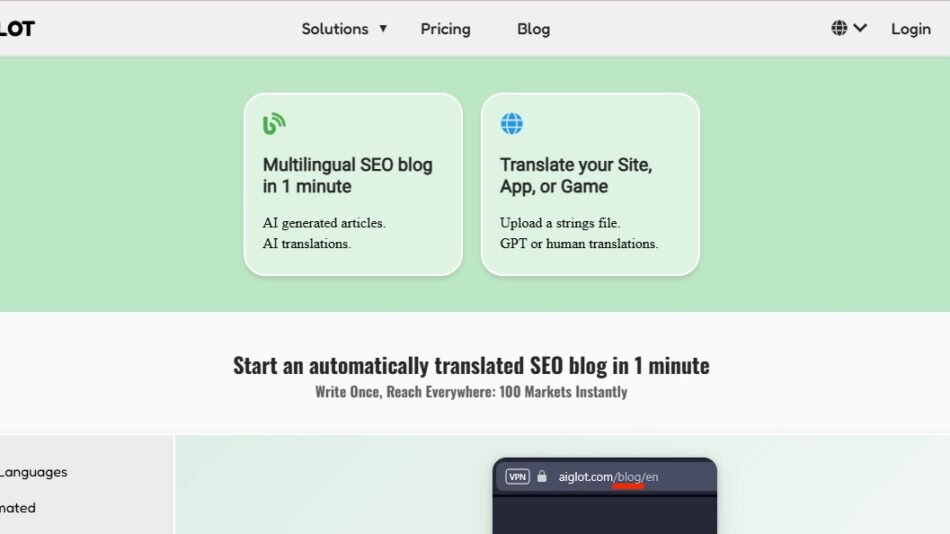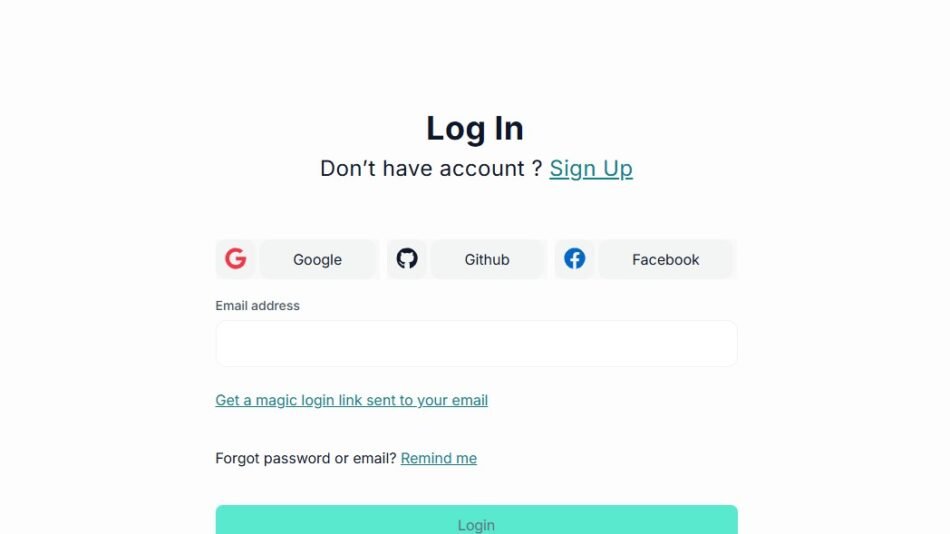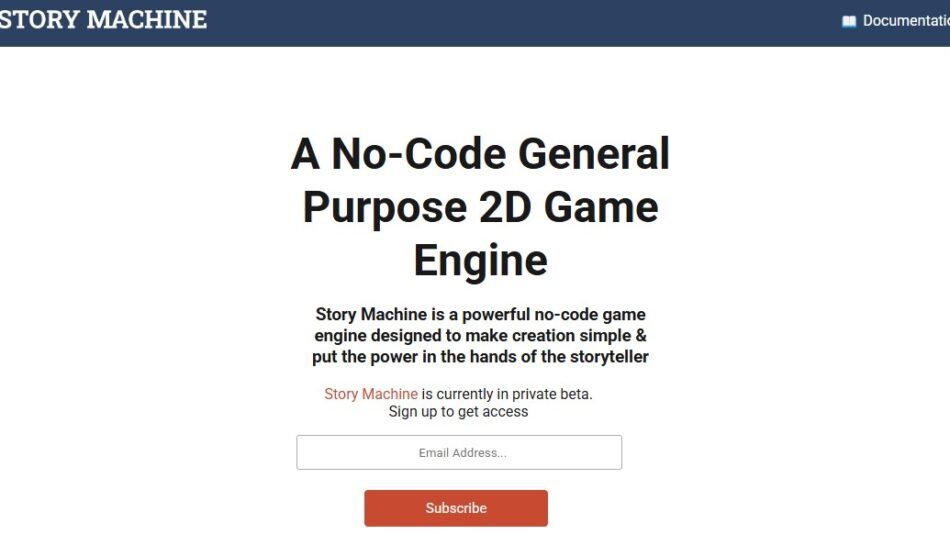Clevis is an AI-driven workflow automation platform that enables businesses to automate repetitive tasks, improve operational efficiency, and integrate multiple business applications seamlessly.
Using machine learning, predictive analytics, and AI-powered decision-making, Clevis helps organizations eliminate inefficiencies, optimize workflows, and enhance business intelligence.
Designed for startups, enterprises, and data-driven teams, Clevis transforms complex workflows into automated, scalable solutions.
Key Features of Clevis
- AI-Powered Workflow Automation – Automates business processes, approvals, and data handling.
- No-Code & Low-Code Workflow Builder – Enables users to design and deploy automation without coding.
- Integration with Business Applications – Connects with CRM, ERP, finance, and cloud-based tools.
- Predictive Analytics & AI Insights – Uses machine learning to analyze workflow performance and suggest improvements.
- Automated Task & Process Management – Reduces manual workload with AI-driven task automation.
- Customizable Dashboards & Reporting – Provides real-time business insights and analytics.
- Cloud-Based & Secure Infrastructure – Ensures data security, encryption, and compliance.
- Collaboration & Team Management Tools – Enhances project tracking and workflow coordination.
How Clevis Works
Connects with Business Applications
- Integrates with databases, project management tools, cloud storage, and third-party APIs.
AI Automates Workflow Processes
- Uses machine learning to optimize workflows, detect inefficiencies, and automate tasks.
Enhances Decision-Making with AI Insights
- Provides predictive analytics and recommendations for workflow improvements.
Monitors & Analyzes Workflow Efficiency
- Generates custom reports, KPI tracking, and business intelligence insights.
Optimizes & Scales with Business Growth
- Adjusts automations dynamically based on performance data and AI-driven learning.
Use Cases of Clevis
- Business Process Automation – Streamlines manual workflows, approvals, and reporting.
- Marketing & Sales Optimization – Automates lead tracking, email marketing, and sales processes.
- HR & Employee Onboarding – Enhances hiring workflows, payroll processing, and employee data management.
- Finance & Accounting Automation – Optimizes invoice processing, financial reporting, and expense tracking.
- IT & Security Operations – Manages system monitoring, compliance tracking, and security workflows.
Clevis Pricing
Since Clevis’s official website does not disclose pricing details, most AI-powered workflow automation platforms typically offer:
- Free Plan – Basic workflow automation with limited integrations.
- Pro Plan – Advanced multi-step workflows, AI automation, and analytics.
- Enterprise Plan – Custom pricing for large-scale business process automation.
For exact pricing, visit Clevis’s official website.
Strengths of Clevis
- AI-Powered Workflow Optimization – Uses AI to streamline business operations and reduce inefficiencies.
- No-Code & Low-Code Automation – Enables non-technical users to create custom workflows.
- Seamless Integration with Business Tools – Works with CRM, ERP, cloud storage, and analytics platforms.
- Predictive Analytics & AI Insights – Enhances data-driven decision-making.
- Scalable for Small Businesses & Enterprises – Suitable for teams of all sizes.
Drawbacks of Clevis
- Limited Pricing Transparency – No publicly available cost details.
- Requires Initial Setup & Integration – Businesses need to configure automations for full functionality.
- AI Optimization May Require Training – Users may need to adjust AI automation settings for best performance.
Comparison with Other Workflow Automation Platforms
Clevis vs. Zapier
- Zapier specializes in simple app-to-app automation, while Clevis provides AI-driven workflow optimization.
- Clevis offers predictive analytics, whereas Zapier mainly connects applications without deep AI insights.
Clevis vs. Make (formerly Integromat)
- Make is a powerful visual automation tool, while Clevis integrates AI-powered decision-making.
- Clevis offers real-time business intelligence, whereas Make focuses on multi-step automation sequences.
Clevis vs. Power Automate
- Power Automate is Microsoft-centric, while Clevis supports a wider range of platforms.
- Clevis provides AI-driven workflow optimization, whereas Power Automate is more focused on rule-based automations.
Customer Reviews & Testimonials
Since Clevis’s user reviews are not widely available, here are common praises for AI-powered workflow automation platforms:
- “AI automation helped us cut down on repetitive tasks and improve team efficiency.” – Operations Manager
- “Clevis simplified our business processes and provided real-time insights for decision-making.” – Business Analyst
- “A must-have tool for businesses looking to scale their workflow automation efforts.” – IT Manager
Users generally appreciate Clevis’s AI-driven automation, seamless integrations, and business process optimization, but some mention that setup and AI model training may require initial effort.
Conclusion
Clevis is an AI-powered workflow automation platform that helps businesses automate processes, enhance decision-making, and streamline operations. With machine learning-powered insights, no-code automation, and seamless integrations, it provides a scalable and efficient solution for enterprises and teams.
For businesses looking to reduce manual effort, improve workflow efficiency, and optimize processes with AI, Clevis is a powerful and intelligent choice.
For more details, visit Clevis’s official website.




